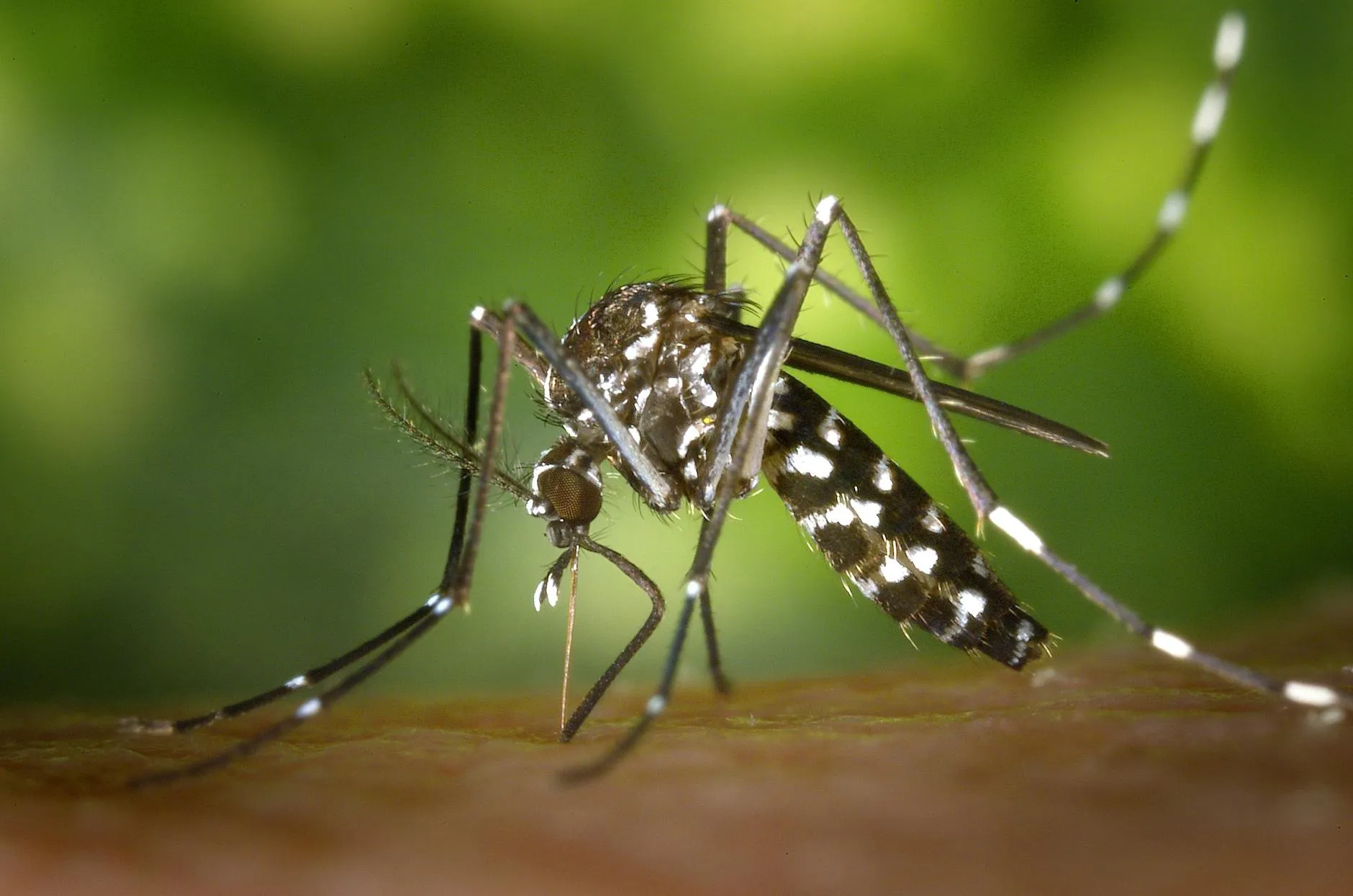Mosquito-Borne Illness Cases Rise in Rhode Island: Stay Informed

Understanding the Increase in Mosquito-Borne Illnesses
Mosquito-borne illnesses pose a significant health threat during the warmer months. In recent weeks, Rhode Island has reported a rise in these cases. As mosquito season continues, it’s critical for residents to take proactive measures. Measures include using repellents and eliminating standing water around homes.
Key Mosquito-Borne Illnesses to Watch
- West Nile Virus
- Zika Virus
- Eastern Equine Encephalitis
Each of these illnesses can lead to serious health complications. Awareness and education are vital for prevention.
Precautionary Measures for Residents
Residents should take certain precautions to reduce their risk of contracting mosquito-borne illnesses:
- Use EPA-Registered Insect Repellents: Apply on exposed skin and clothing.
- Eliminate Standing Water: Empty containers that hold water around your home.
- Wear Protective Clothing: Long sleeves and pants can provide additional protection.
By staying informed and taking the right steps, Rhode Islanders can significantly lower their risks during mosquito season.
Disclaimer: The information provided on this site is for informational purposes only and is not intended as medical advice. We are not responsible for any actions taken based on the content of this site. Always consult a qualified healthcare provider for medical advice, diagnosis, and treatment. We source our news from reputable sources and provide links to the original articles. We do not endorse or assume responsibility for the accuracy of the information contained in external sources.
This article was prepared using information from open sources in accordance with the principles of Ethical Policy. The editorial team is not responsible for absolute accuracy, as it relies on data from the sources referenced.